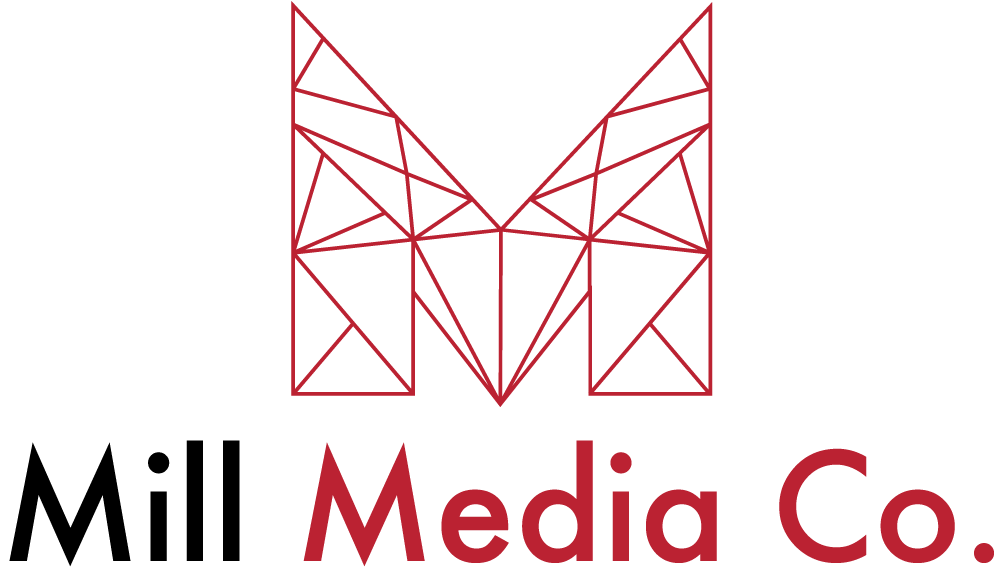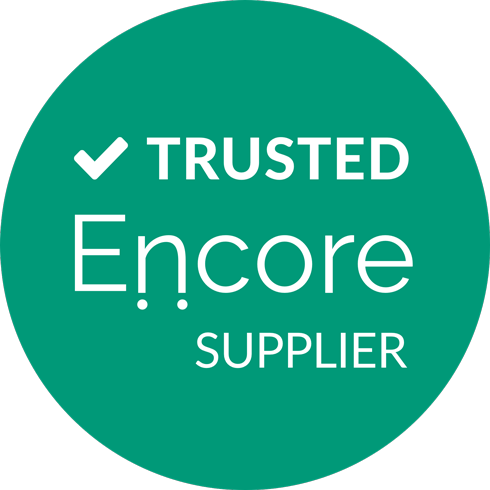This is actually everything a musician needs to know about mastering, but hey, we’re Mill Media Co., so this is for all you classical wizards.
The Album Production Process
Firstly, let’s take a quick overview of the album production process.
- Step 1: have a dream about recording a CD which will be your big career defining break.
- Step 2: have another dream realising you need to do it with Mill Media Co.
- Step 3: pre-production:
-
- confirm your repertoire
- confirm copyright for that repertoire
- figure out what your budget needs to be
- confirm venue
- get a producer on board. We strongly recommend you hire a colleague, teacher or professional producer who knows the repertoire and your playing well to help you through this process. Recording an album can become a very stressful and overwhelming experience when done alone.
- organise logistics with the record label (if you are working with one)
- organise any logistics with printing physical CDs (this is where mastering plays a part)
- book the venue, audio engineer, producer and anything else ready to record
-
- Step 4: record the album!
- Step 5: post-production
-
- editing and any balancing / mixing of the tracks to get the best sound possible
- mastering – and here is where the confusion lies. Everything has been done at this point, so what an Earth is mastering?!
-
What is Mastering?
Mastering is the final creative and technical process during the production of a recording before being sent to the client or record label for distribution.
It’s not just about the sound either. The mastering engineer will provide the correct files suitable for digital and physical release. Though they will sound exactly the same, there are actually different file types that need to be submitted to iTunes and Spotify (as two examples), and a different file again for CD burning.
If you want to print physical CDs, duplication companies will require a DDP file. This is a digital file which contains the recordings, but also the metadata associated with that recording. What’s the metadata? I’m glad you asked…
What is Metadata?
No-one enjoys loading a CD into iTunes to see every track as part of “untitled album” performed by “unknown artist” with no album artwork. It’s not professional, and a label won’t allow it. Actually, your label or distributor (CD Baby or Tunecore, for example) will give you ISRC (International Standard Recording Code) codes for the album and each track. You get these when you sign up to release the work. ISRCs dictate the track titles showing up in iTunes and other services, but it’s also how your copyright is enforced and royalties are collected.

If you’re having your mastering done by Mill Media Co., we can give advice throughout the process, whether you have a label or you’re doing it yourself. We have industry standard software to master your recordings and have worked with labels in the UK and USA multiple times.
Finally, if your recording is for a video for Youtube or another social media platform, then you don’t need “full” mastering. You want your recording to be sonically excellent of course, but it won’t need the metadata. If you have any questions, just chat with us and we’ll make sure you get what you need.

Resources for Classical Musicians
Emails to help and inspire you.
No spam, we promise.
Join us by hitting that subscribe button!





